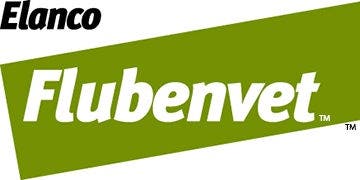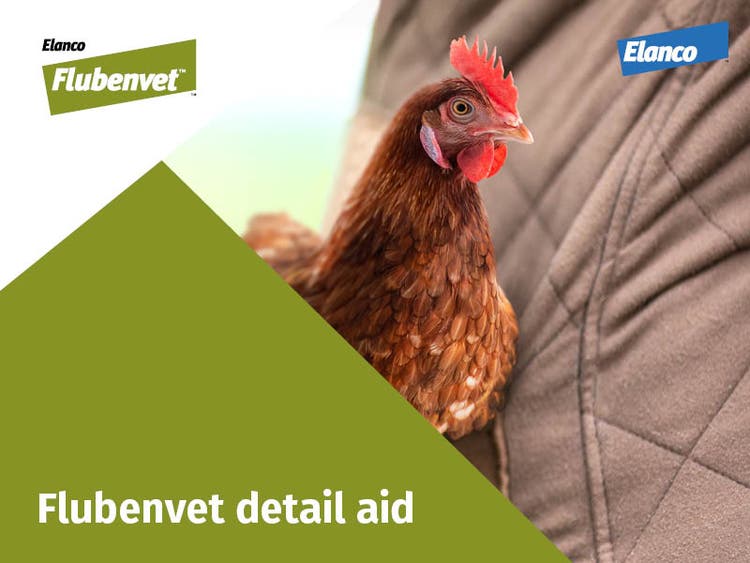The Capillaria threat to hens
Intestinal worms are the most common internal parasite affecting chickens, and free-range birds are at constant risk of developing an infestation due to their exposure to their own faeces in both their indoor and outdoor environment.
Whilst a heavy burden of any of the four main species of worms can lead to disease and, at worst, death, one species carries a greater risk severe problems than the others, namely the Capillaria species.
Because of their abundance in the environment, worms are practically inevitable1, as worm eggs or larvae are ingested straight from the ground2, with birds consuming contaminated droppings, soil, grass or even feed1.
Also known as the “hairworm”, Capillaria are found in the stomach and intestines of chickens3. At around 1.5cm long, they are the smallest species affecting chickens, and are almost invisible to the naked eye due to their thread-like appearance2. However, despite their small size, these worms are often considered the most dangerous3, as even small burdens can be fatal for birds4.

Signs that may be seen as a result of infection with Capillaria are varied but can include reduced egg production, weight loss, reduced food intake4, diarrhoea, anaemia and death3. Chickens can also become stressed and look generally unwell, becoming dull and hunched3.
Like all intestinal worm species, the Capillaria worm’s lifecycle starts with an egg passed out in faces, which is ingested and then goes through several larval stages within the bird before becoming an adult, which can produce eggs and start the cycle again. In favourable conditions, this lifecycle can take just a matter of a few weeks, and it should be assumed that there are lifecycle stages present in birds at any one time. The ability to control all of these different life stages is key to getting on top of an infestation, something that not all of the products available can claim to do.
Thankfully, Capillaria can be effectively prevented and treated, but as mentioned above, not all wormers are equally effective or licensed to do so. Flubenvet™ is the only wormer licenced to treat all life stages of the major worm species affecting poultry5, including Capillaria, without needing to increase the dose rate to do so. Flubenvet has a zero day withdrawal for chicken eggs, so production can continue during and after treatment. In addition, it has no effect on egg production5, nor are there any known adverse effects or special precautions5 to consider, when used at the recommended dose rate, making it an ideal complete wormer for your flock. When worming your flock, always check that the product used treats all lifecycle stages and is specifically licensed to treat Capillaria as otherwise birds could be left at risk.
More Materials

Flubenvet™ 5% w/w premix for medicated feeding stuff.
A broad spectrum oral anthelmintic containing Flubendazole.

Flubenvet detail aid
Discover more about how worms affect the health and welfare of your birds.
- Knott, C., et al, 2012. Worms in Free-Range Hens [online]. Sheffield: The Poultry Site.
- Worms in Chickens [online]. Exmouth: The Chicken Vet.
- Veterinary Practice, 2011. Common poultry worms [online]. Swindon: Susan McKay.
- The Happy Chicken Coop, 2015. The Complete Guide to Chicken Parasites: Part 2.
- Flubenvet SPC.